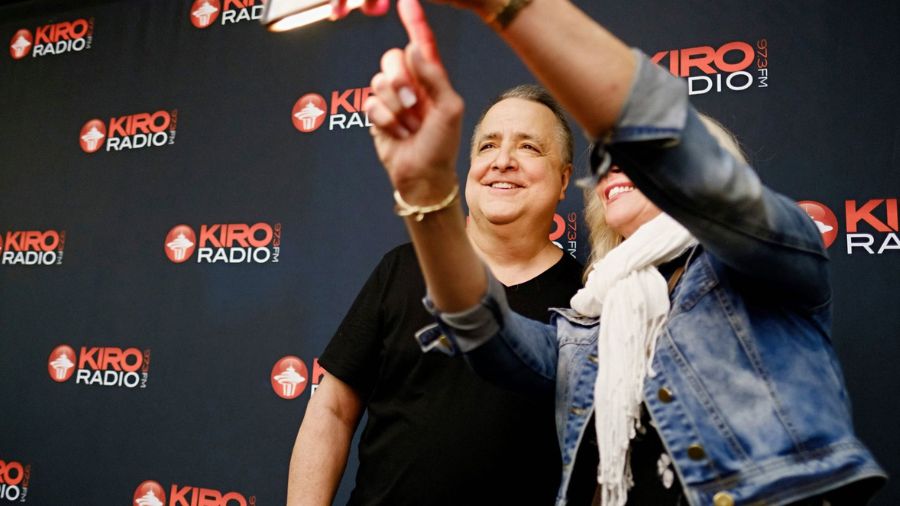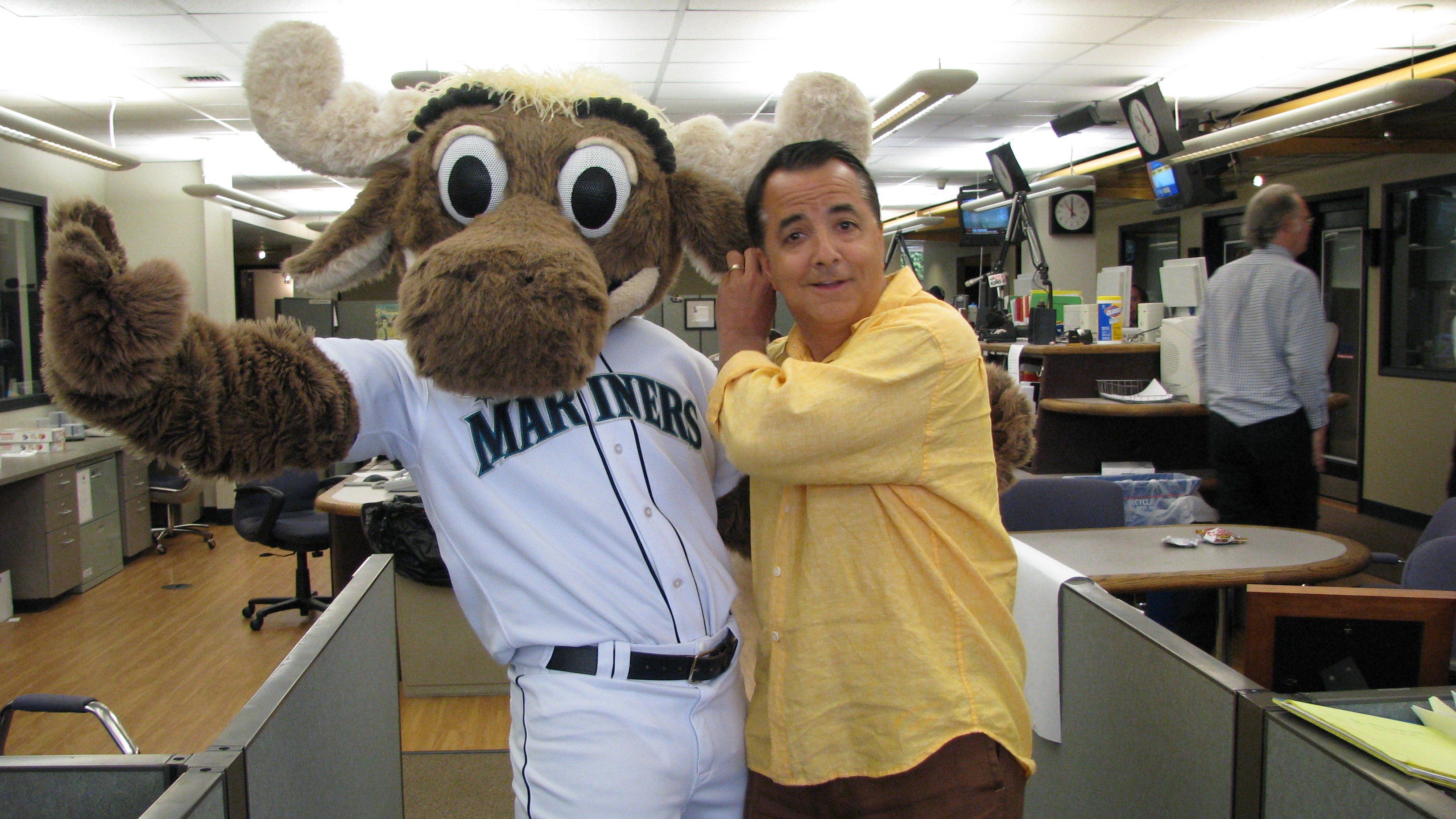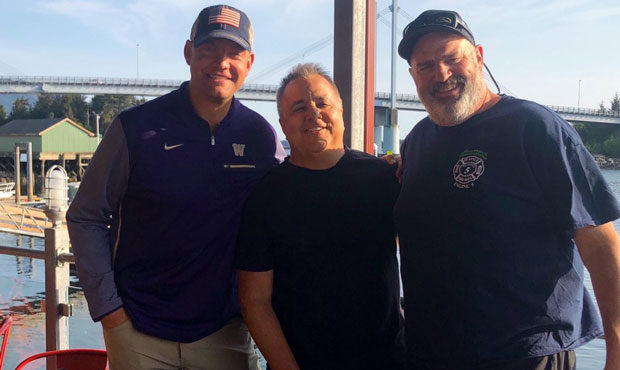Sec. of State Wyman won’t participate in primary because of not-so-private ballots
Feb 24, 2020, 1:23 PM | Updated: Feb 27, 2020, 5:27 am

King County ballots this year require voters to publicly declare their party. (Photo contributed from listener)
(Photo contributed from listener)
Some voters in Washington were shocked to discover, upon receiving their primary ballots this year, that the normally private act of voting would not be so private this year.
Usually, a ballot is hidden by a secrecy envelope, then placed in an outer envelope that is signed and dated.
This year’s primary ballots, however, include a box to check for the party a person voted for above the signature line, making a person’s party choice available for anyone to see. The party affiliation is public record for 60 days.
“Every time we do this, people have a very visceral, angry reaction to having to publicly declare,” Washington State Secretary of State Kim Wyman told KIRO Radio’s Dori Monson Show.
WA Secretary of State Wyman talks voter expansion, election hacking
As a change this year, Washington Republicans and Democrats will vote on the same ballot, instead of having separate caucuses. With Democratic candidates on one side of the ballot and the Republican side on the other, a person has to choose which party’s primary they will participate in — they cannot vote for a candidate for each party. The check box on the outside of the envelope ensures that a person only voted for one party — and that it was their own party.
“This is the only time Washington voters have to actually declare their party affiliation, and that is because they are nominating the standard-bearer for the Democratic or Republican Party, and the parties want to be sure that it’s actual party members who are doing it, not just random people,” Wyman said.
She added that the primary election is run by the parties, not the state.
Ballots will be ineligible if a person voted for a candidate from each party, if the party voted for does not match the party checked on the envelope, or if a voter did not check the party affiliation box.
Wyman herself favors an unaffiliated ballot, which the state Legislature took away in 2000. For this reason, the Republican secretary of state publicly announced Monday on the Dori Monson Show that she will not participate in the primary as an act of public dissent.
“I’m going to actually not participate because the Republican Party ballot has one candidate, so I either do a write-in or I pick Donald Trump, but either way, I have to actually divulge, to a degree, who I’m voting for, to be able to have a secret ballot, ironically,” Wyman said. “In protest, I’m very frustrated that we don’t have an unaffiliated option.”
Wyman assured voters that you do not need to worry that postal workers or anyone else handling ballot envelopes could sabotage your vote if they don’t like your party choice — federal laws protect your primary ballots. Still, she encouraged Washington residents to use drop boxes found at local government buildings like city halls, courthouses, and libraries.
For a list of all drop boxes in the state, click here.
There is also no need for concern that voters themselves will get away with fraud — Wyman said the Secretary of State’s Office has built safeguards in the past year to accompany the 2018 Access Democracy Package, which implemented changes such as same-day voter registration and automatic voter registration at the Department of Licensing.
“My office has worked very hard with the county auditors across the state to build in the compensating controls to make sure that, no matter how many times a person tries to get a ballot, or go in and register in a different county at a different address, we now have a statewide system that has the controls that only one ballot can be counted — even if a voter, on election day, goes down I-5 and tries to register in every single county,” Wyman said.
You can check the status of your ballot after submitting it to make sure it was counted on votewa.gov.
Listen to the Dori Monson Show weekday afternoons from 12-3 p.m. on KIRO Radio, 97.3 FM. Subscribe to the podcast here.













